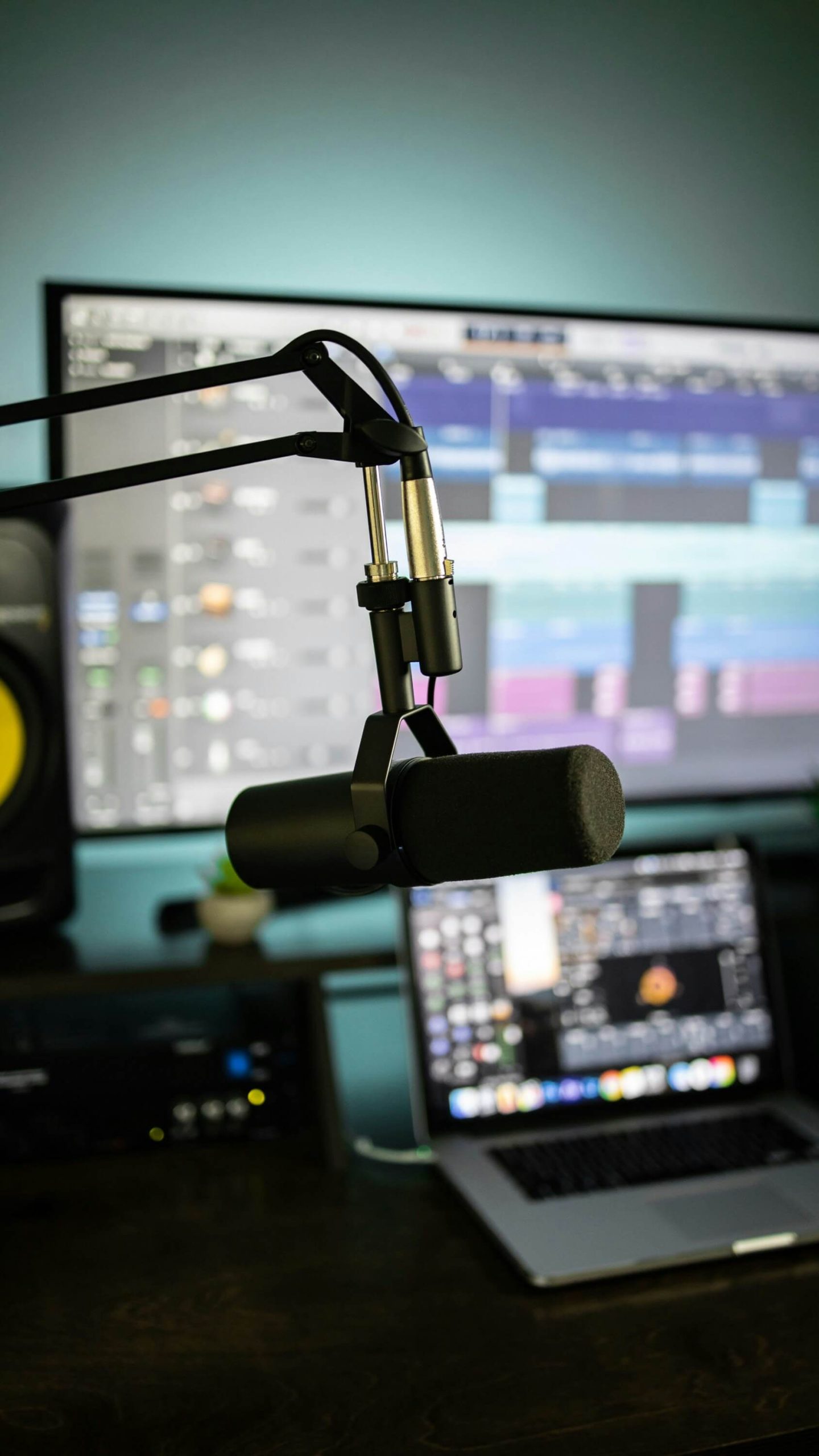Internet radio refers to the streaming of audio content over the internet, allowing users to listen to radio stations from around the world via their computer, smartphone, or other internet-connected devices.
What is internet radio
Unlike traditional radio broadcasting, which relies on radio waves, internet radio utilises the internet itself to deliver audio content. This allows for a wide range of stations catering to various interests, genres, and languages. Users can access internet radio through dedicated websites, mobile apps and integrations with other applications including social media platforms.
Pros of internet radio
-
Global Access:
With global reach, users can access stations from around the world. This provides them a diverse range of content and access to a greater selection of music and information.
-
Variety of Content:
Listeners have access to a vast array of stations catering to different genres, interests, and languages, offering more choices than traditional radio.
-
On-Demand Listening:
Platforms can provide on-demand listening options, allowing users to select specific songs, create personalised playlists, and skip tracks. This gives the listener greater control over their experience.
-
Interactivity:
Many platforms offer interactive features such as song requests, live chat with DJs, and community-driven content. These elements are crucial in fostering a more engaging experience for listeners.
-
Accessibility:
Internet radio can be accessed on various devices, including computers, smartphones, smart speakers. With the increase in internet-connected cars, it also provides added convenience and flexibility for listeners on the go.
Cons of internet radio
-
Dependence on internet Connection:
Requires a stable internet connection, making it susceptible to interruptions or buffering issues in areas with poor connectivity or during network congestion.
-
Data Usage:
Streaming audio over the internet consumes data, which can be a concern for users with limited data plans or in regions with expensive data rates.
-
Licensing Restrictions:
Stations may face licensing restrictions and royalties, leading to limitations on the availability of certain songs or content, especially for smaller stations with limited resources.
-
Discovery Challenges:
While offering a wide range of content, the sheer volume of choices can sometimes overwhelm users, making it challenging to discover new stations or content that aligns with their preferences.
-
Reliance on Technology:
Platforms and devices rely on technology, which can be prone to technical issues, software updates, and compatibility issues with different operating systems or devices.
Why you should consider internet radio
As a broadcaster, there are several compelling reasons to consider internet radio:
Global Reach
Allows you to reach a global audience, breaking through geographical boundaries and potentially expanding your listener base beyond traditional broadcasting limitations using existing technology.*
Diverse Audience
You can attract listeners from diverse backgrounds, interests, and demographics, catering to niche markets and offering specialised content that may not be viable or cost effective on traditional radio.
Lower Costs
Setting up an internet radio station typically requires lower overhead costs compared to traditional broadcasting, as you may not need to invest in expensive equipment, licenses, or infrastructure.
Flexibility and Control
offers greater flexibility and control over your content, allowing you to curate playlists, schedule shows, and experiment with different formats without the constraints imposed by traditional radio programming. And with automatic DJ solutions, you can run your station 24/7.
Interactivity
Platforms often incorporate interactive features such as live chat, song requests, and listener feedback, fostering a more engaging and interactive experience for your audience, which can help build loyalty and community around your station.
Analytics and Targeting
Platforms typically provide detailed analytics and audience insights, allowing you to track listener demographics, behaviour, and preferences, which can inform your programming decisions and help you tailor your content to better serve your audience.
Monetisation Opportunities
Offers various monetisation opportunities, including advertising, sponsorships, subscriptions, and donations, providing potential revenue streams to support your broadcasting efforts and help sustain your station in the long term.
In summary
Overall, internet radio presents broadcasters with a range of benefits, including global reach, cost-effectiveness, flexibility, interactivity, and monetisation opportunities. This makes it an attractive platform for reaching and engaging with audiences in today's digital age.
Whilst performance licences may still be required if you are broadcasting commercial music (depending on your location), the costs and start-up resources required make it a viable solution in expanding your reach in the current, competitive social landscape.
Simplicity with GoRADIO
With GoRADIO from Ammedia, you can harness the power of internet radio within a single solution that takes care of all of the technical and broadcasting aspects. Our solution includes the necessary hardware, broadcasting, file storage, Live DJs & Presenter accounts, advertising and jingle automation and so much more!
Discover how you could start your own internet radio station and start broadcasting today, with GoRADIO!
Check out Go RADIO



